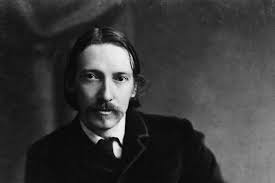Vasco da Gama Biography:
Vasco da Gama, born circa 1460s in Sines, Portugal, etched his name in history as the first European to navigate a sea route directly from Europe to India. His voyages and leadership significantly impacted global trade, exploration, and colonialism.
Vasco da Gama Nationality & Age:
- Nationality: Portuguese
- Age: While the exact year of birth isn’t documented, estimates place it between 1460 and 1469. He passed away in 1524 at the age of approximately 55-64.
Vasco da Gama Relationship and Personal Life:
Vasco da Gama married Catarina de Ataíde in 1502 and had several children. However, details about his personal life remain scarce due to the historical period.
Vasco da Gama Career Beginnings:
Little is known about his early career, but records show him engaging in maritime activities and seizing French ships in 1492 on King John II’s orders.
Vasco da Gama Career and Contributions:
- First Voyage to India (1497-1499): This groundbreaking voyage rounded the Cape of Good Hope and reached Calicut (present-day Kozhikode), India, establishing a direct sea route between Europe and Asia.
- Second Voyage to India (1502-1503): Marked by violence and hostility, this expedition aimed to secure trade agreements and establish Portuguese dominance in the region.
- Third Voyage to India (1524): Appointed Viceroy of India, da Gama returned to enforce Portuguese control and quell opposition, but died shortly after arrival.
Vasco da Gama Achievements and Awards:
- Opening the sea route to India: This feat revolutionized trade and exploration, facilitating global exchange and European dominance in the East.
- Establishing Portuguese colonial presence in India: His voyages paved the way for Portuguese colonization of parts of India, impacting the region’s political and cultural landscape.
Vasco da Gama Conclusion and Legacy:
Vasco da Gama’s voyages undoubtedly hold historical significance, but they also raise complex questions about colonialism, cultural encounters, and the impact of exploration on local populations. While celebrated for his achievements, his methods and the consequences of his actions should be critically examined for a nuanced understanding of his legacy.


